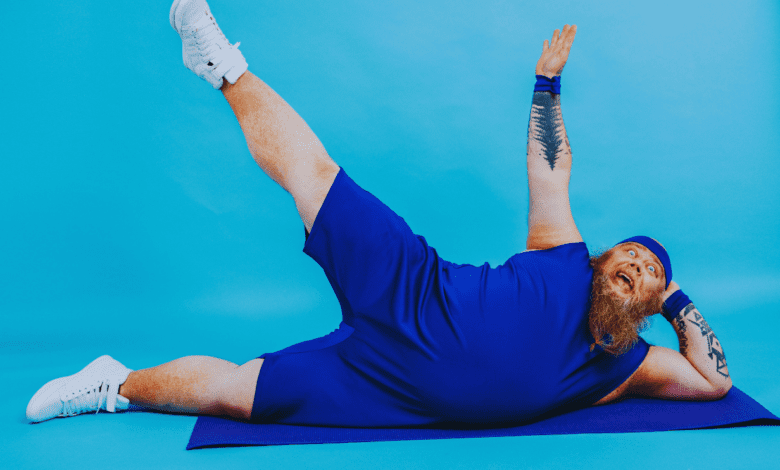Exercise and Physical Activity After Bariatric Surgery

Bariatric surgery is a powerful tool for weight loss, but it’s not a magic fix. To maximize long-term success, physical activity plays a crucial role—both in boosting results and maintaining them. Whether you’ve undergone gastric sleeve, gastric bypass, or adjustable gastric banding, incorporating exercise after surgery helps you lose weight more effectively, build strength, and improve overall health.
Let’s break down how to approach fitness safely and sustainably after bariatric surgery.
Starting Slow: Safe Moves for the First Weeks
In the first few weeks after surgery, your body needs time to heal. It’s essential to follow your surgeon’s specific guidelines, but in general, physical activity should be very gentle during this stage.
What You Can Do:
- Walking: Begin with short, slow walks around your home. Aim for 5-10 minutes a few times a day and increase gradually.
- Breathing Exercises: Deep breathing and light stretching help prevent complications like blood clots and promote better circulation.
- Leg and Arm Movements: While seated, perform light arm raises or leg lifts to improve mobility.
Even minimal movement can help reduce the risk of post-surgery complications and prepare your body for more intensive activity later.
Building Endurance: Gradual Progress Pays Off
About 4–6 weeks after your gastric sleeve or gastric bypass surgery, and with your doctor’s approval, you can begin to increase the intensity of your workouts.
What to Focus On:
- Brisk Walking: Increase your walking time and speed to elevate your heart rate.
- Low-Impact Cardio: Activities like swimming, stationary cycling, or elliptical machines are gentle on the joints but effective for burning calories.
- Light Strength Training: Using light weights or resistance bands helps build muscle, which is important because muscle burns more calories than fat—even at rest.
Start with 15–20 minutes of exercise and work your way up to 30–45 minutes, 3–5 days per week. The key here is consistency—not intensity.
Long-Term Fitness: Making It a Lifestyle
Once you’re several months post-op and have developed a steady exercise routine, the goal shifts from just losing weight to maintaining it and improving overall fitness.
Sustainable Activities to Include:
- Strength Training (2–3 times/week): Focus on building muscle with dumbbells, resistance machines, or bodyweight exercises like squats and lunges.
- Cardio Workouts (3–5 times/week): Keep things interesting with dance, hiking, biking, or group fitness classes.
- Flexibility and Balance: Yoga, Pilates, and stretching help prevent injury and promote body awareness.
Many patients who undergo Roux-en-Y gastric bypass or gastric sleeve surgery find that regular exercise also improves their mood, sleep quality, and energy levels. Exercise isn’t just about burning calories—it’s about supporting your overall well-being.
Benefits of Exercise After Bariatric Surgery
No matter which type of bariatric surgery you’ve had, adding physical activity to your routine offers powerful benefits:
- Faster and more sustained weight loss
- Preservation of muscle mass
- Better metabolism and energy
- Reduced risk of weight regain
- Improved heart health and blood sugar control
- Enhanced mental health and confidence
Even if you’ve never enjoyed working out before, this is your chance to discover new forms of movement that make you feel good—not just physically, but emotionally too.
Tips for Staying Motivated
- Set Realistic Goals: Track your progress with small, achievable milestones.
- Mix It Up: Try different types of workouts to keep things fun.
- Get a Workout Buddy: Exercising with a friend or support group can boost motivation.
- Celebrate Non-Scale Victories: Improved stamina, better mood, or looser clothes are all worth celebrating.
Final Thoughts
Physical activity is an essential companion to any bariatric procedure, whether it’s laparoscopic gastric bypass, sleeve gastrectomy, or gastric band surgery. By starting slowly, building your endurance, and embracing a long-term fitness mindset, you’ll not only lose weight—you’ll gain a healthier, more active life.
Always consult your bariatric team or doctor before starting any new workout routine, and remember: this journey is about progress, not perfection. Keep moving—you’ve got this!




